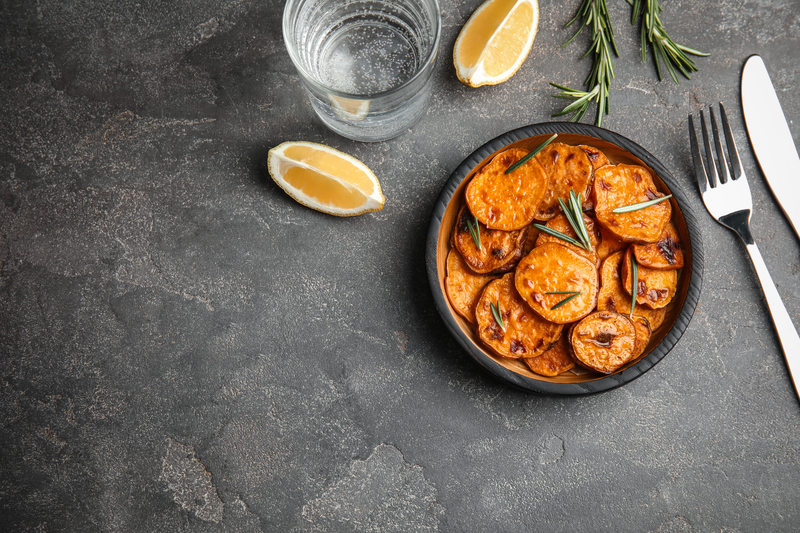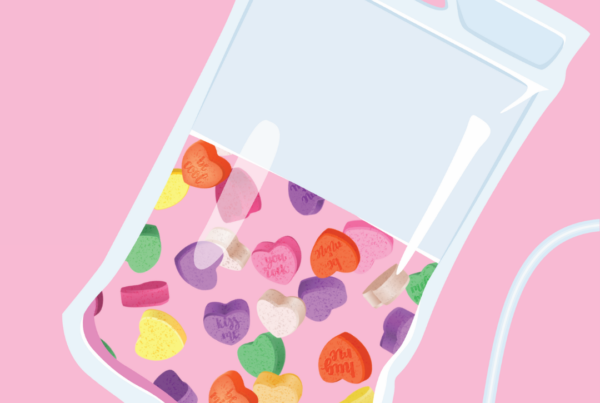While some allergies can’t be avoided, some depend on what we eat. The food we put into our bodies can have several adverse effects, such as diarrhea, vomiting, hives, shortness of breath and more. However, there are some foods and drinks that can actually help the external allergy symptoms that we encounter, including itchy eyes, runny noses and even asthma.
Spicy Foods
Spicy foods can be zingy to your taste buds, but should be avoided when seasonal allergies due to high pollen counts are at their peak. Murray Grossan, MD, an ear, nose and throat doctor in Los Angeles, told EverydayHealth.com that spicy foods “create an outpouring of histamine” that is particularly bothersome when added to seasonal allergies’ natural histamines, which are chemicals that your body releases during allergic reactions. However, eating Wasabi, the paste served with sushi that provides an added kick, could help you breathe better when you have a stuffy nose, according to Grossan. Be careful though, Wasabi also has histamine release potential.
Raw Foods
Another don’t on EverydayHealth.com’s list is raw foods. Raw apples and lettuce, for example, may have pesticides on them. Grossan suggests cooking foods or sticking to canned veggies during the height of allergy season. However, HealWithFood.com notes that apples contain an anti-allergy flavonoid, quercetin, which can protect against allergic reactions.
Probiotics
Some items you should eat that are mentioned include those with probiotics, like yogurt, miso and fermented milk. Probiotics such as lactobacillus or bifidobacterium are “friendly bacteria,” according to the National Institutes of Health, and mimic those found in your digestive tract that regulate our immune systems. Sticking to a Mediterranean Diet, including fruits, vegetables, beans, whole grains, fish and olive oil, “increases a person’s chance of controlling their asthma,” according to a 2013 report in the Journal of Asthma.
Tea
Grossan also recommends drinking green tea or hot tea in the morning, which contain natural antihistamines. Green Tea, according to HealWithFood.org, contains catechins, which have been shown to inhibit the enzyme that converts histidine to histamine. Additionally, creating a diet rich in omega-3 fatty acids may be helpful in reducing asthma symptoms. Omega-3 rich foods include salmon, anchovies, herring, sardines, mackerel, albacore tuna and flaxseed.
Low Sodium
As with any diet, lessening the calories, salt and fast food intake can help rather than hinder. EverydayHealth.com reports that researchers have found that being obese may actually worsen asthma, while other studies have found that a diet higher in salt “may be associated with more severe asthma.” Eating a low-salt diet can even reduce the need for asthmatic medications.
Other Allergy Fighters
Other allergy fighting foods, herbs and plants on Heal With Food’s list include sweet potatoes, one of the foods least likely to cause allergic reactions; buckwheat; rosehips, one of the best natural sources of proanthocyanidins, phytochemicals that inhibit enzymes that produce histamine; garlic, a healing superfood; rosemary, which has been known to suppress allergic reactions due to rosmarinic acid; dandelion greens; turmeric, which has been known to contain anti-inflammatory properties; mushrooms, which can alleviate allergic reactions due to high selenium content; mustard greens; and sunflower seeds, which also contain selenium.
For more information about allergy-fighting foods, and how to discover your personal allergies and sensitivities, book an appointment today.
Schedule an Appointment









